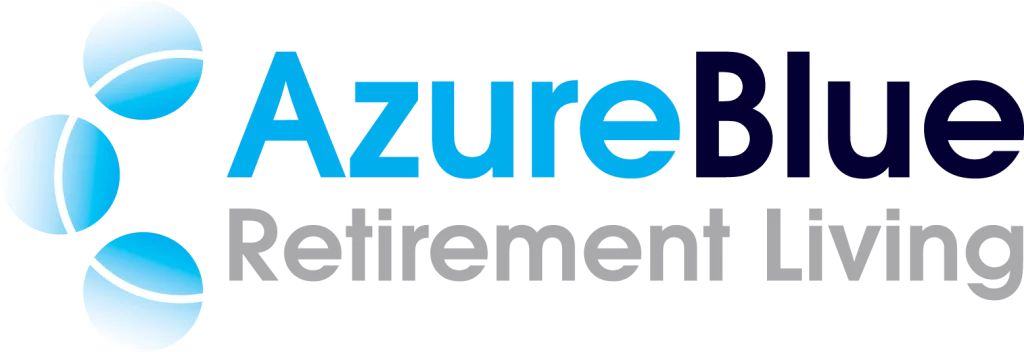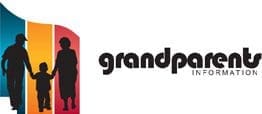Community awareness
Information sessions
We provide free community awareness and education sessions throughout Queensland. We engage with seniors groups of all sizes, as well as workers from a range of disciplines and workplace settings. The EAPU is also present at various seniors expos and information events throughout the year.
Community awareness sessions
Community education
sessions
How to book?
Community awareness sessions
Community education sessions
How to book?
Projects – a statewide focus
The EAPU is a statewide service and part of our mandate is to reach out to regional, rural and remote communities to provide education and support and to build capacity in those communities to better support those experiencing elder abuse.
A current focus, through our partnership with the Department of Aboriginal and Torres Strait Islander Program, is undertaking a collaborative project in Mt Isa, Doomadgee and Mornington Island around “Keeping Seniors Safe”.
EAPU has also been working with the Social Justice Interagency Services.
Our work in these communities is through invitation only and we respect the role of the local communities in developing working relationships and are guided by their needs.
Another area we are hoping to focus on in 2021 is the Western Downs area, including Dalby and Chinchilla.
Connecting statewide
The Elder Abuse Prevention Unit is committed to connecting with regional, rural and remote communities to provide awareness, education and to help build capacity for local elder abuse responses.
Through our partnership with the Department of Aboriginal and Torres Strait Islander Program, we are currently undertaking a collaborative project in Mt Isa, Doomadgee and Mornington Island around the theme of “Keeping Seniors Safe”.
We recognise that our work in these communities is only possible through invitation, and we respect the role of local communities in developing working relationships that best suit them and are guided by their needs.
Ageing Diversity Project
The Ageing Diversely videos have created a unique means to generate conversations about ‘planning for the future’ with culturally and linguistically diverse (CALD) communities. Although conversations around the video stories often touch on issues relating to family conflict and elder abuse, the stories address these issues indirectly. This method creates a safe space for these issues to be discussed. The videos have worked well to actively engage CALD communities around topics that work to prevent elder abuse and decrease the likelihood of unnecessary engagements with complicated Government and legal systems. They form opportunities for services that work within the area of elder abuse to work together and inform the community holistically, with a consistent message: Talk about the future, plan for the future.
Thank you to the Public Trustee, The Queensland Government, CO.AS.IT, Cathay Community Association, Jeta Gardens and the many other services who supported the Conversation Café video series. A particular thank you to Multicultural Communities Council Gold Coast who also provided a magnificent filming location.
Playlist
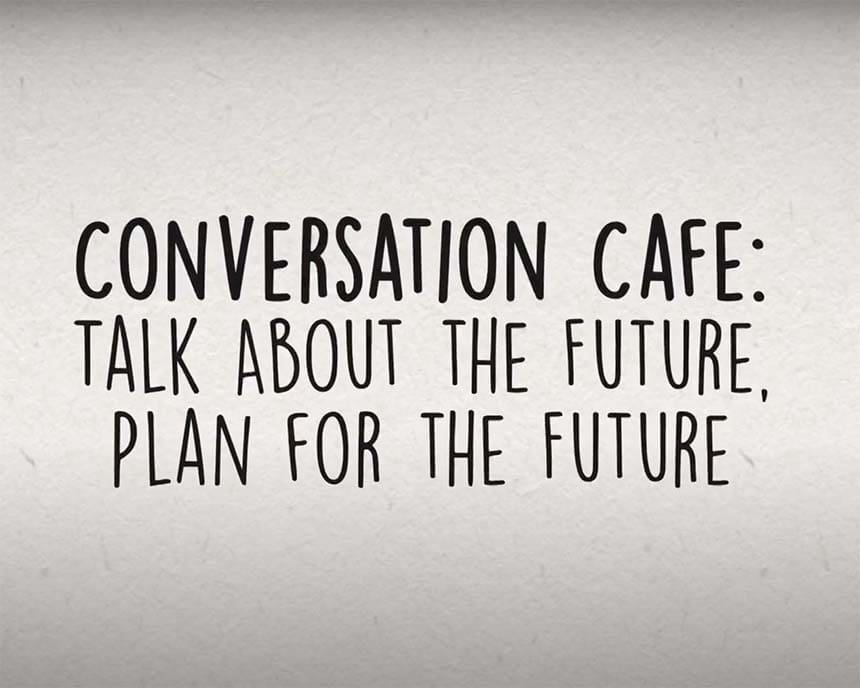
4:25
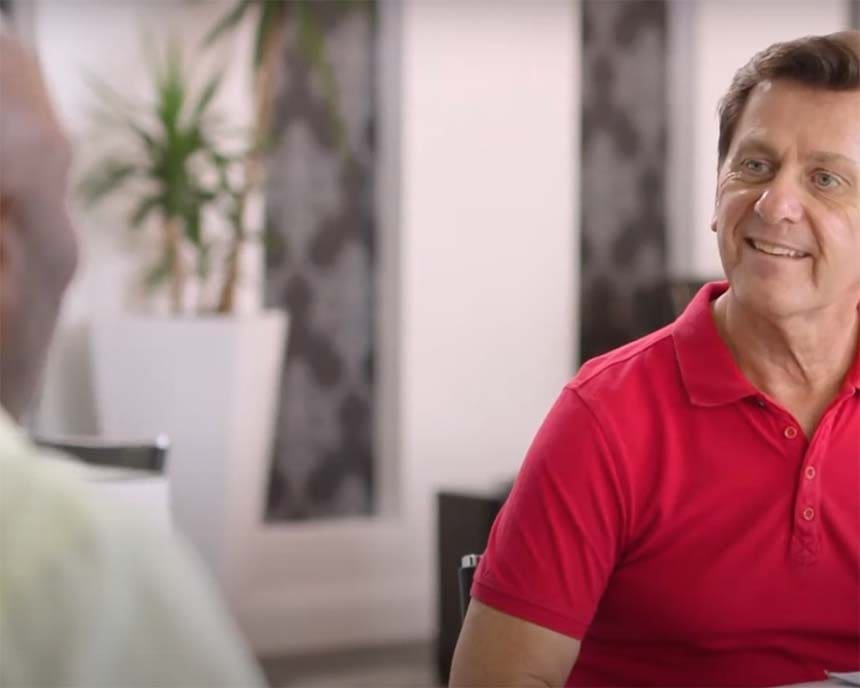
4:25
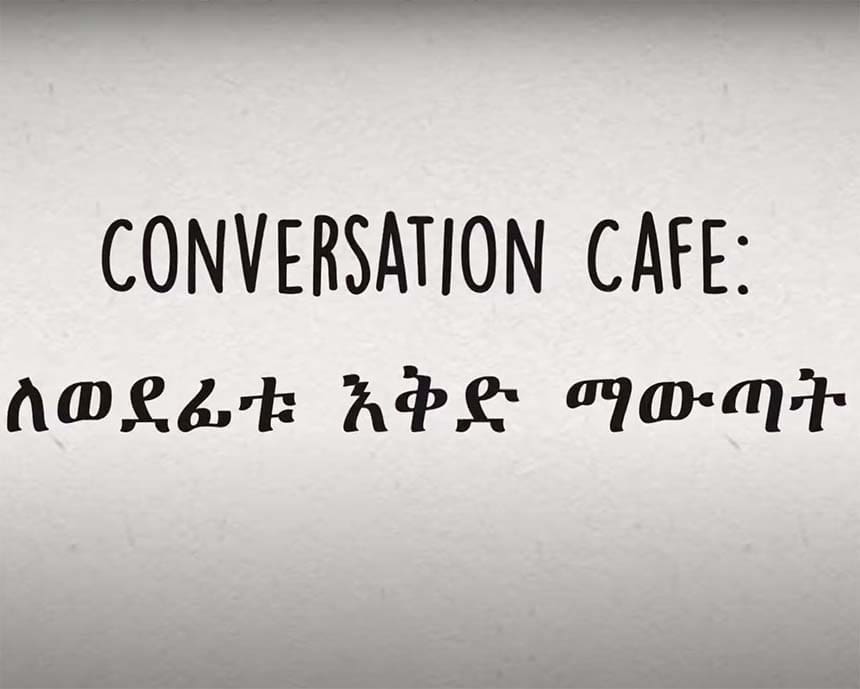
4:28
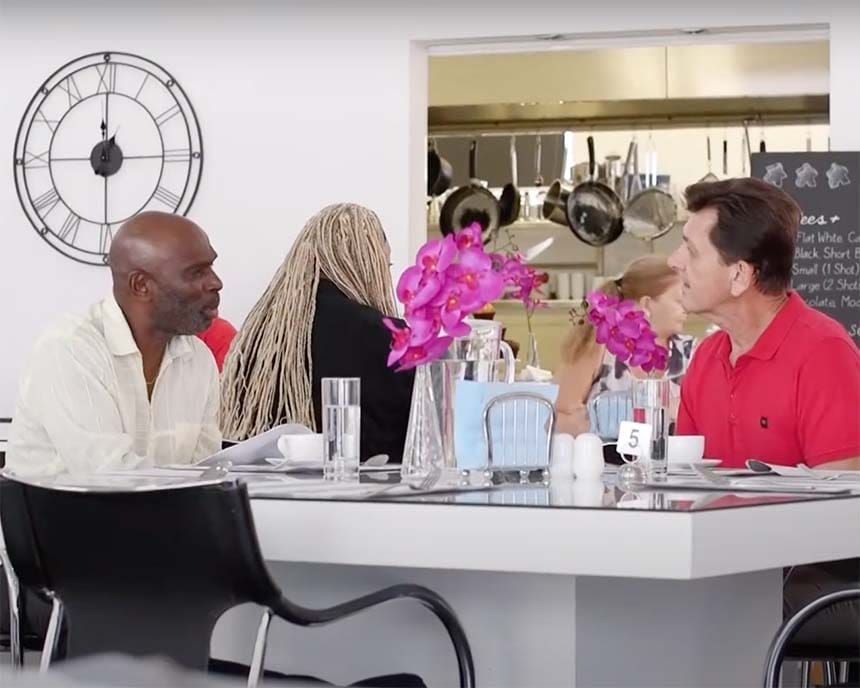
4:26
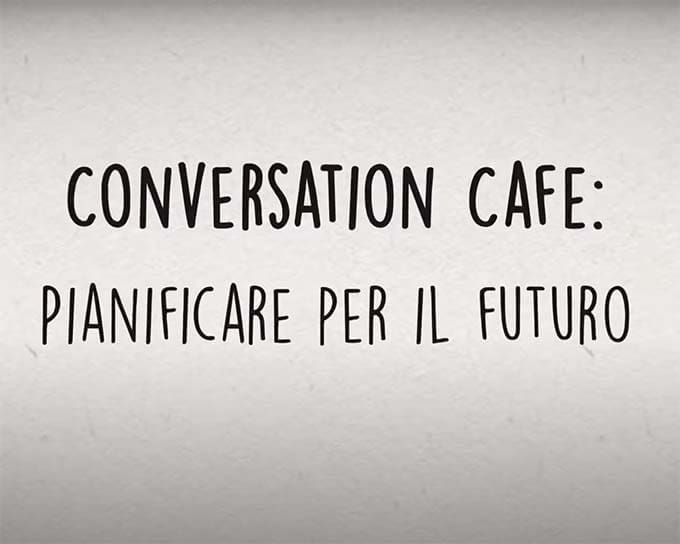
5:02
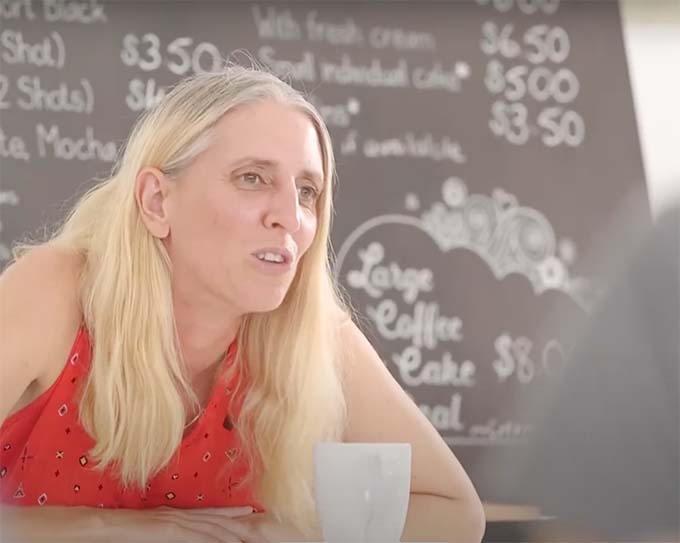
4:28
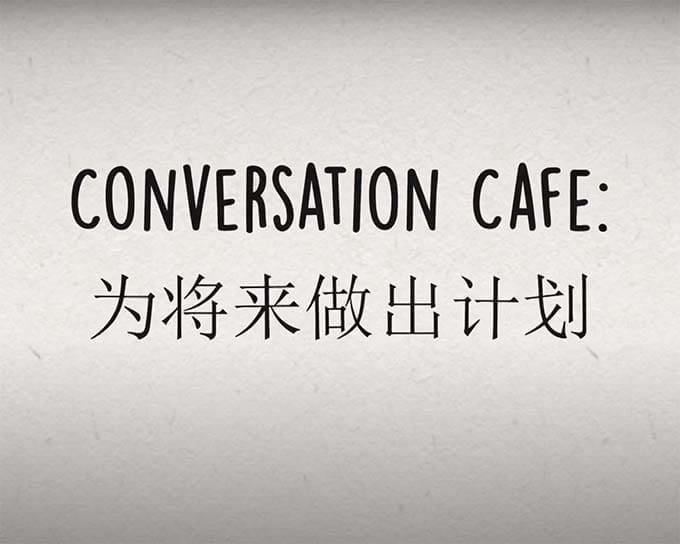
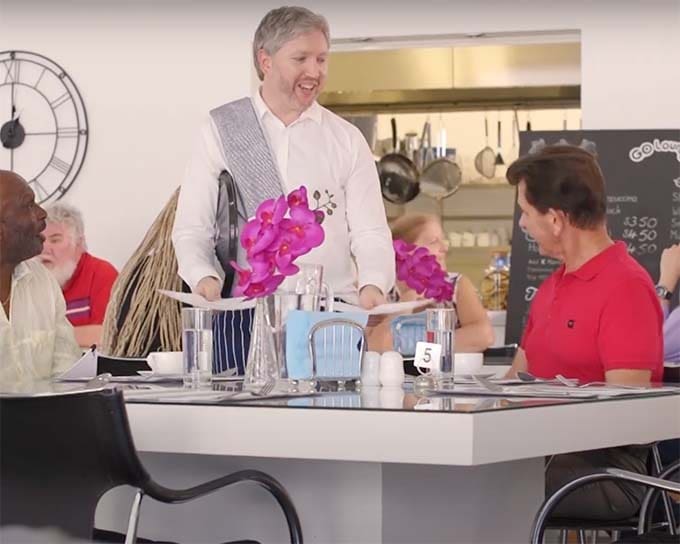
4:44
Gold Coast Elder Abuse Response Panel
Responding to elder abuse can very often require contact with a range of Government and community services, which can make navigating the various systems difficult even for experienced professionals. Complex elder abuse cases can therefore be difficult to tackle alone. This led to the formation of the Gold Coast Elder Abuse Panel, which functions to address complex elder abuse cases and work toward improving effective collaboration and communication across identified stakeholders.
The Gold Coast Elder Abuse Response Panel brings together government and community representatives to respond to complex elder abuse cases. The panel utilises a coordinated response drawing upon relevant stakeholders to consider appropriate intervention.
The group is for hospital, community or individual workers, who work with older people that may be experiencing elder abuse. It supports people to respond to issues surrounding elder abuse, navigate systems and support people with challenging and complex cases.
You can contact a coordinator by sending an email to:
- eapu@uccommunity.org.au
- Please put Gold Coast Elder Abuse Response Panel in the subject line.
The GCEARP came about after identifying that there was a need to better respond to elder abuse in the community and the role that the Helpline could play in that. There was a misunderstanding about what the Helpline does, and an identification that many services work in silos. The EAPU co-chair the Panel meetings with Qld Health.
Through the development of the Panel, key stakeholders in the area of elder abuse come together monthly, via an online platform, to discuss complex elder abuse cases that occur on the Gold Coast. Organisations include the Qld Police Service, Qld Health, ADA Law, Office of the Public Guardian, Relationships Australia’s Elder Abuse Service, ACAT and local Aged Care Providers.
As a group we have been able to:
Work collaboratively to better understand the needs of the older person who may be experiencing abuse.
Discuss ways to support that person.
Challenge our own views on ageism, capacity, dignity of risk and safety for the older person during these discussions.
Service providers in the community, hospital or aged care setting can bring cases to the panel.

